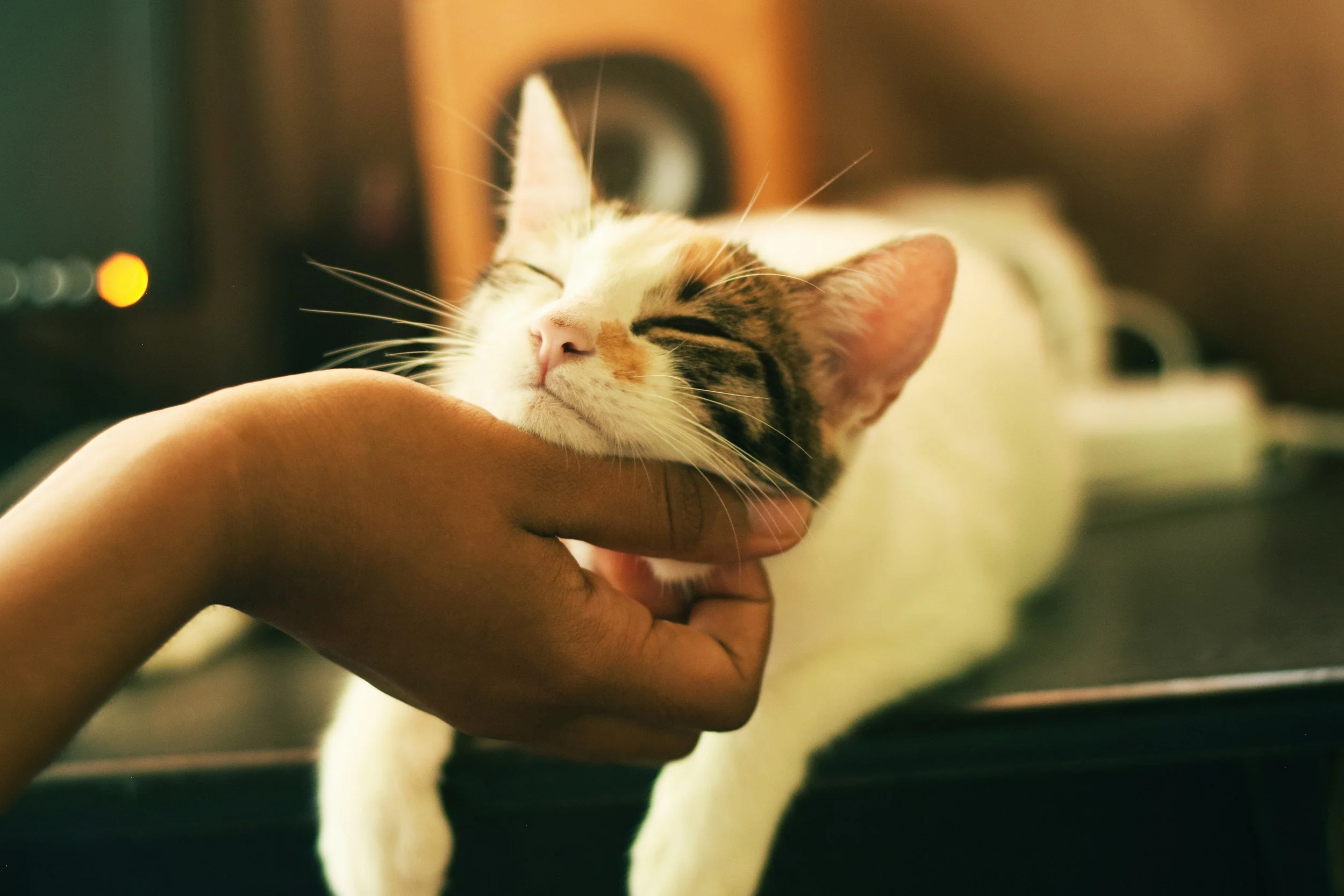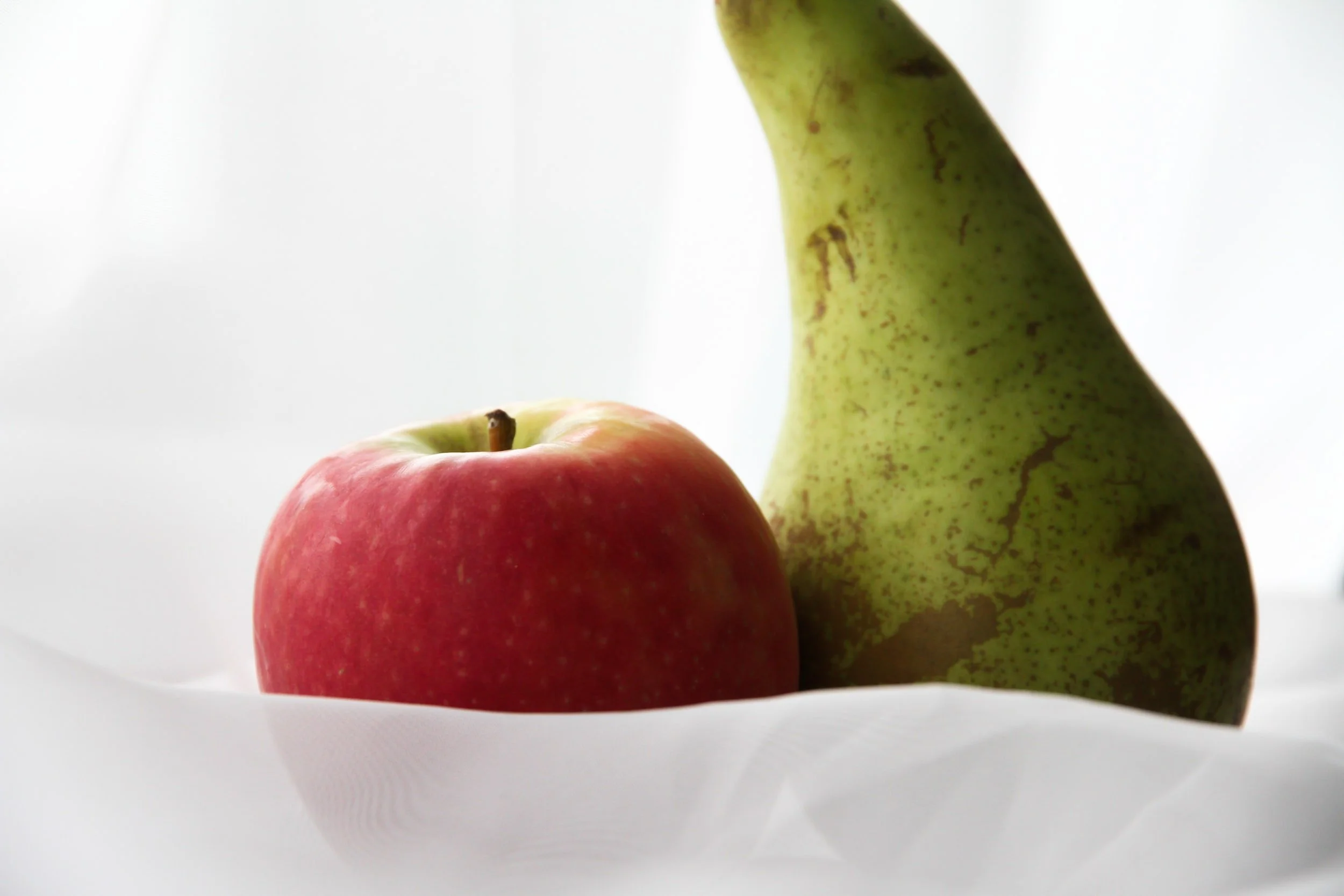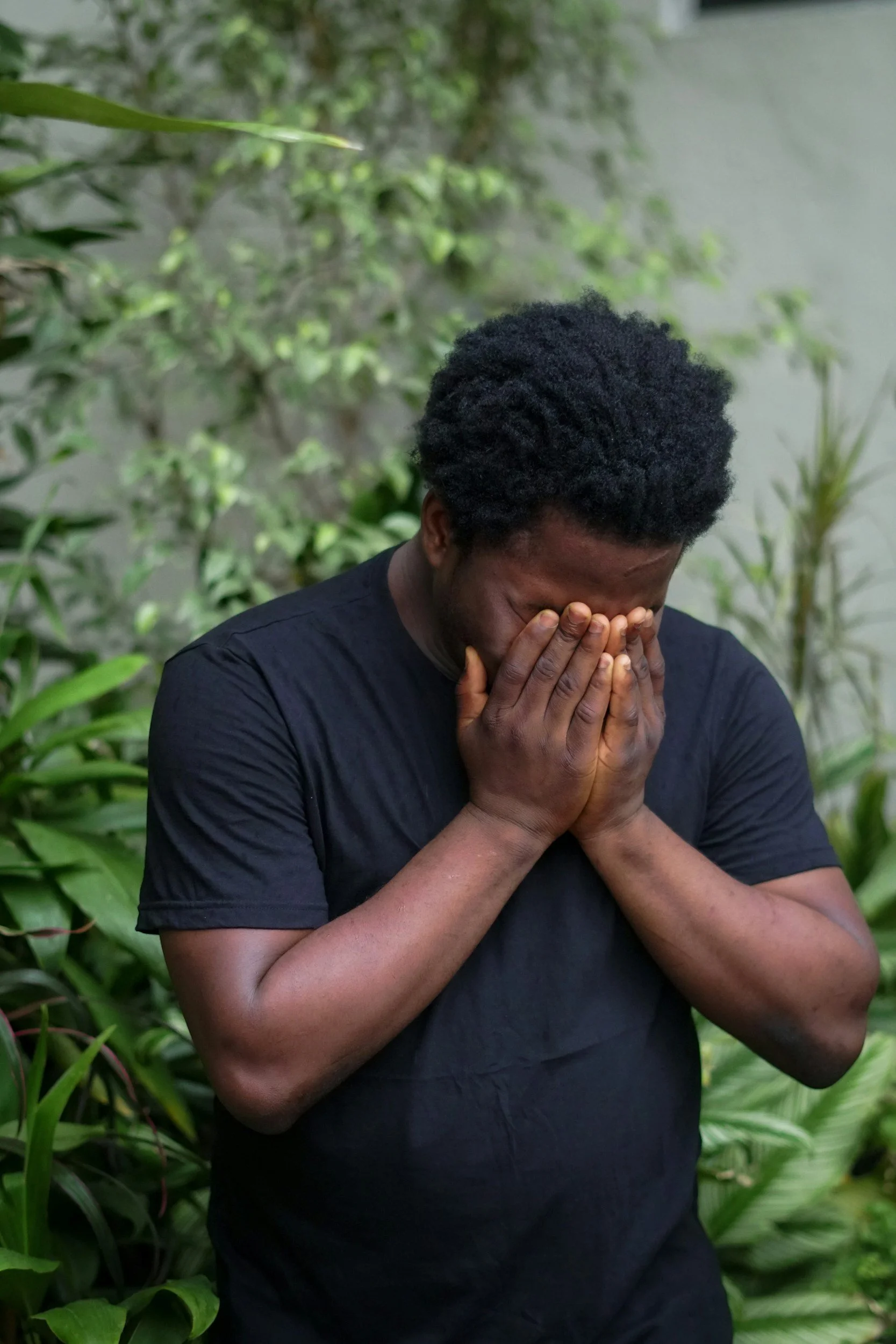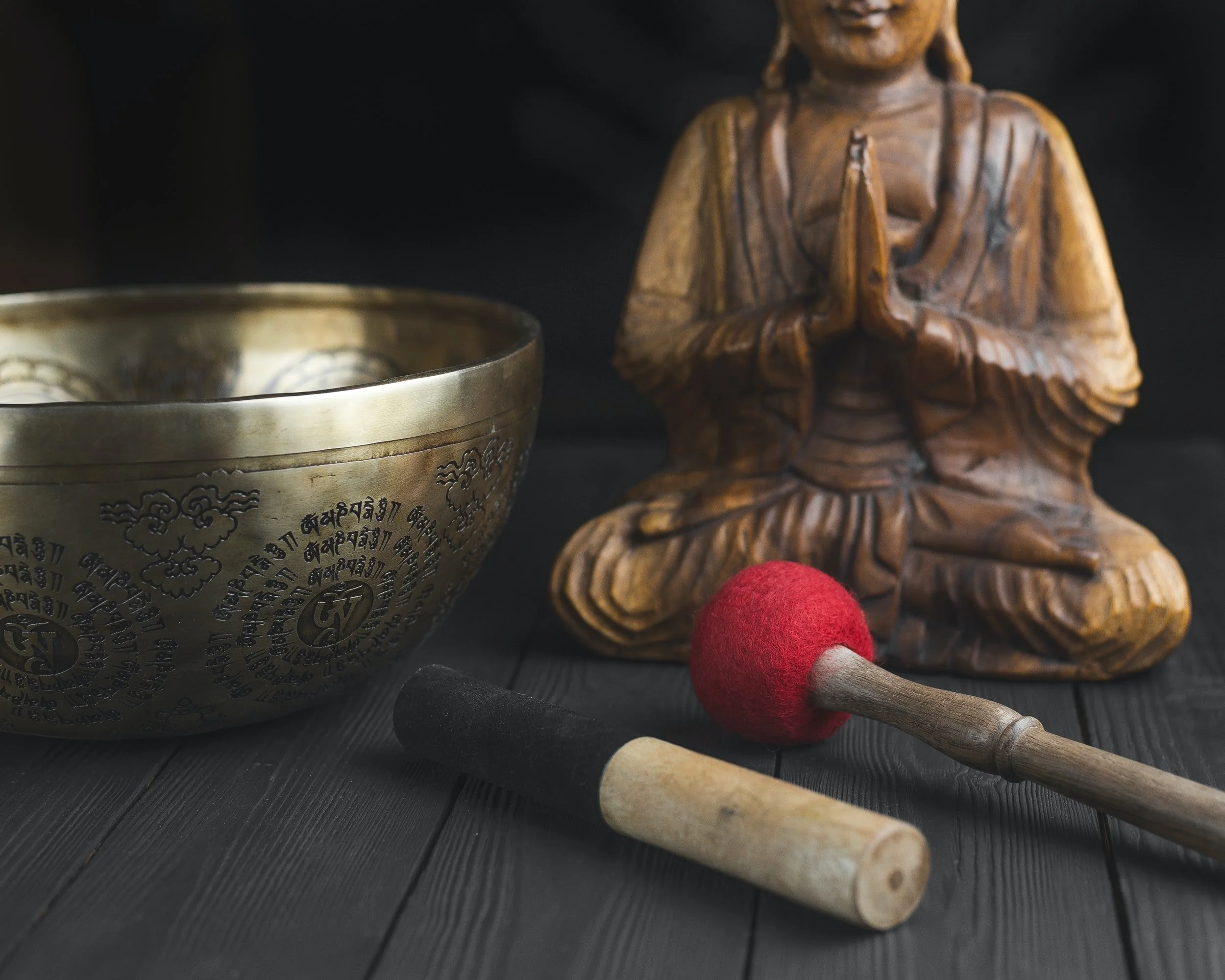How Can Creatives Cultivate Self-Care? Part Two
/Cultivating Your Self-Care – Part Two
In Part One of this series, we explored the layered realities of self-care—what it is, why it matters and how it can be misunderstood or neglected, especially within creative lives. One guiding image we returned to was the phrase:
“Put your gas mask on first before attending to others.”
– Author Unknown
If this landed with you, you are not alone. Many creatives are beginning to recognise that prioritising personal wellbeing is not selfish—it is survival, restoration and self-leadership all at once.
Now, let’s take that understanding further and move into practical territory.
What does it look like to actively cultivate self-care when your inner world is complex and your outer world feels demanding?
Reframing Selfishness as Self-Respect
First, a gentle invitation: let’s redefine what it means to be “selfish.”
Selfishness in the context of self-care does not mean indifference or disregard for others. Instead, it can be understood as the ability to pause, listen inward and respond to your own needs with as much commitment as you might offer to someone else’s.
This is not the selfishness of arrogance or avoidance. It is a mature, embodied self-respect. It is a deliberate reclaiming of your time, energy and emotional bandwidth.
For creatives, whose work often involves holding space for others—whether through performance, service, storytelling or innovation—this kind of self-consideration is not a luxury. It is essential maintenance.
Eight Practical Invitations for Cultivating Self-Care
Create a morning check-in ritual.
Before reaching for your phone or engaging with the world, pause. Place a hand on your heart or belly and ask, What do I need today? Let the answer guide your pace and priorities.Name your non-negotiables.
Choose two or three small, meaningful actions that support your daily wellbeing. This might include quiet time, a walk, nourishment or ten minutes of journalling. These acts anchor your nervous system.Schedule worry time.
Instead of letting worry bleed into every part of the day, designate a time to reflect. Set a timer for 10–15 minutes, let your mind wander and then gently close the loop until the next session.Notice your inner dialogue.
Your inner voice shapes your emotional landscape. Become aware of when it turns critical and practise speaking to yourself the way you would to someone you care deeply about.Give yourself permission to say no.
Boundaries are not barriers—they are bridges to balance. Saying no is a powerful form of self-care that protects your time, energy and integrity.Choose your company with care.
Energy is contagious. Spend time with those who replenish rather than deplete you. Let your circle reflect your values, not your obligations.Prioritise joy as medicine.
Self-care does not have to be solemn. Laughter, play and beauty are forms of regulation. Let joy be part of your care plan, not an afterthought.Rest before exhaustion.
Many creatives wait until burnout forces a pause. What if rest was a proactive choice rather than a last resort? Build in moments of stillness and allow space for recovery.
The Heart of It
At its essence, cultivating self-care is about being in relationship with yourself. It is not a checklist but a practice—a returning, a listening, a deepening.
Some days will feel easier than others. That is natural. But over time, your system begins to trust that you are listening, that you are tending and that you are choosing to show up for yourself.
In doing so, you build the emotional scaffolding needed to carry your creativity with clarity and courage.
You are not behind. You are right on time.


















